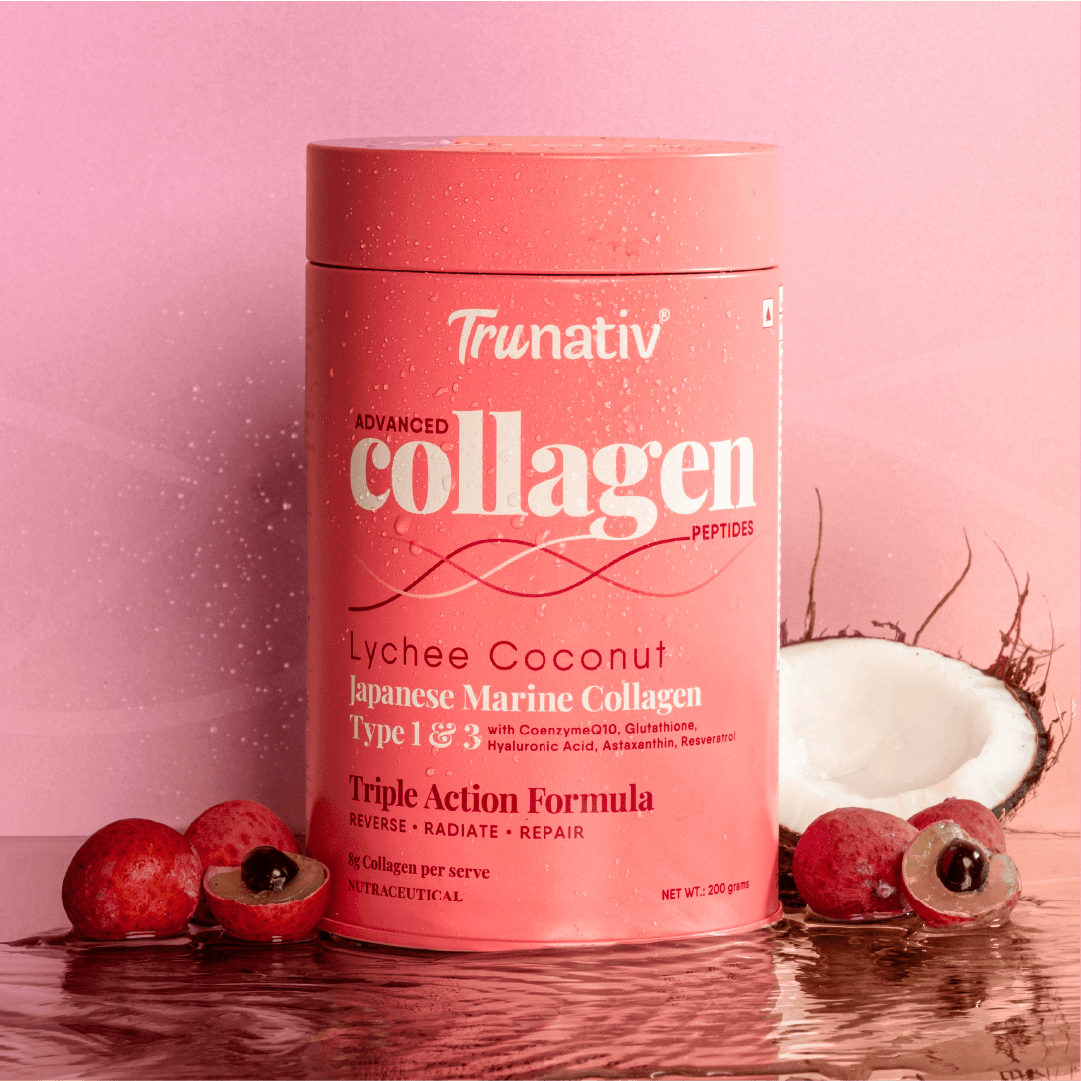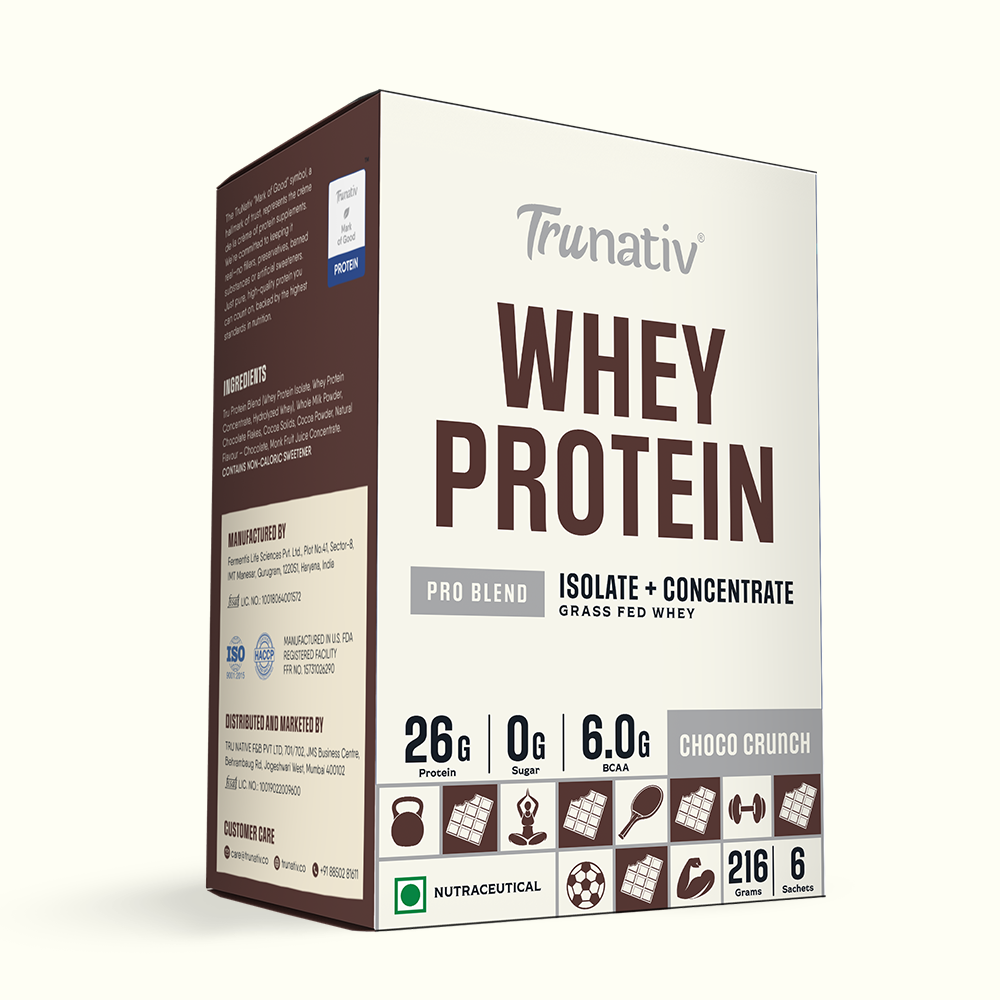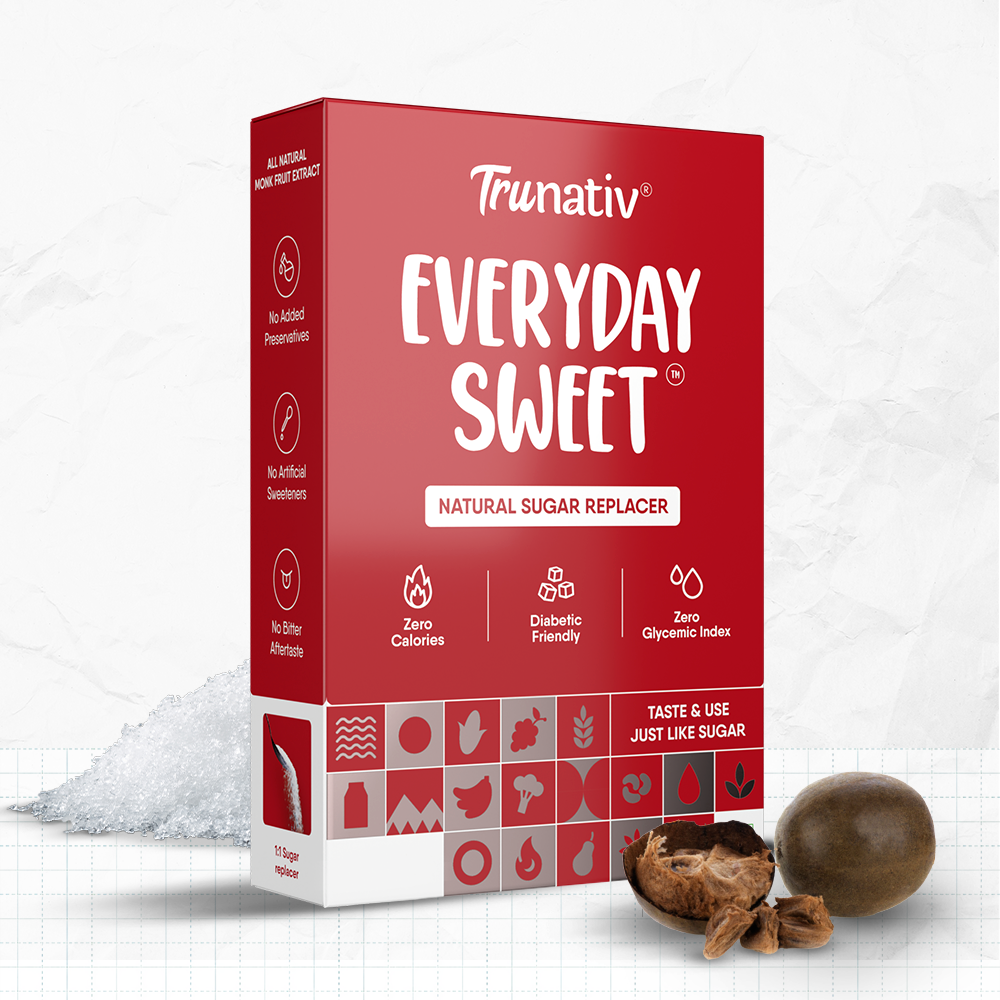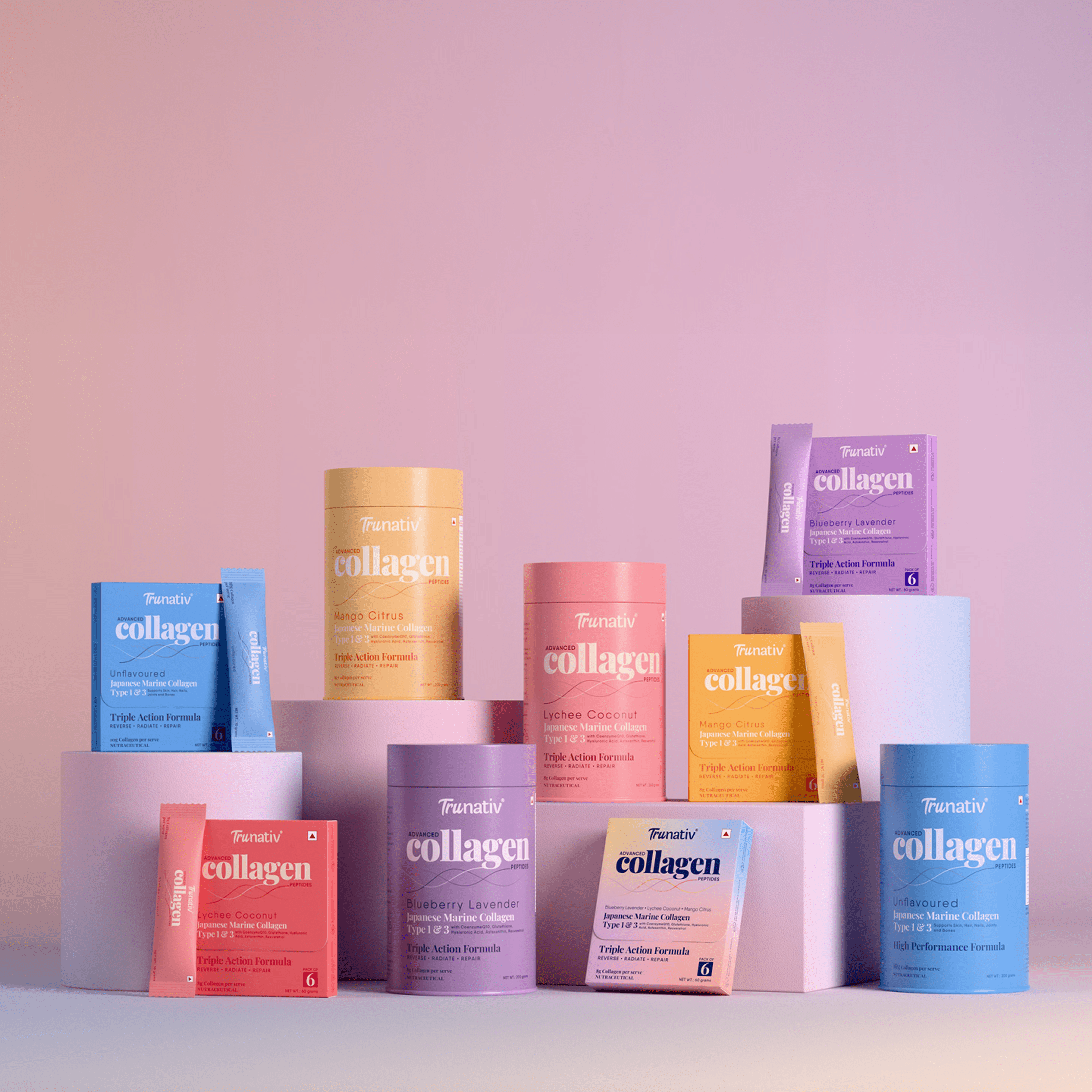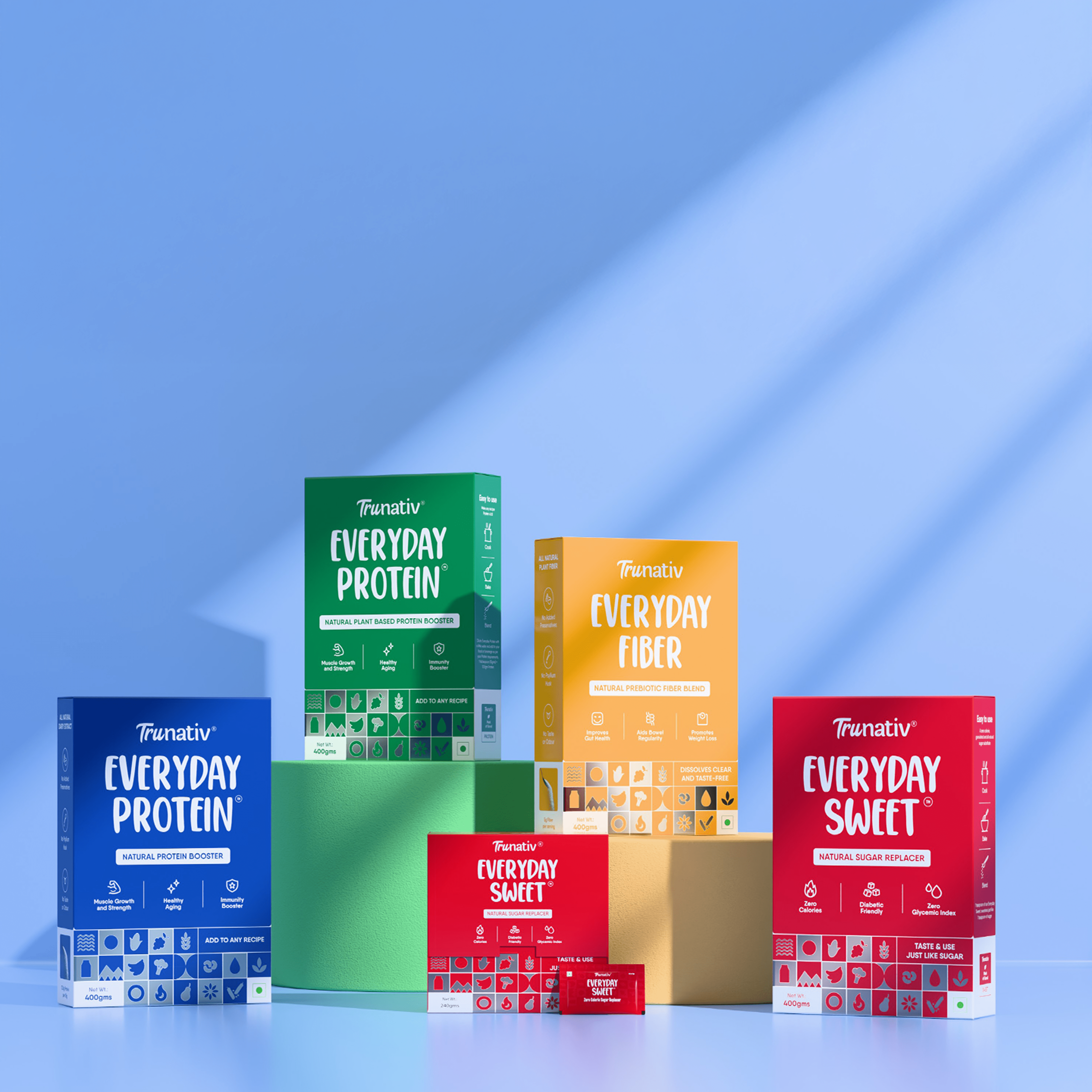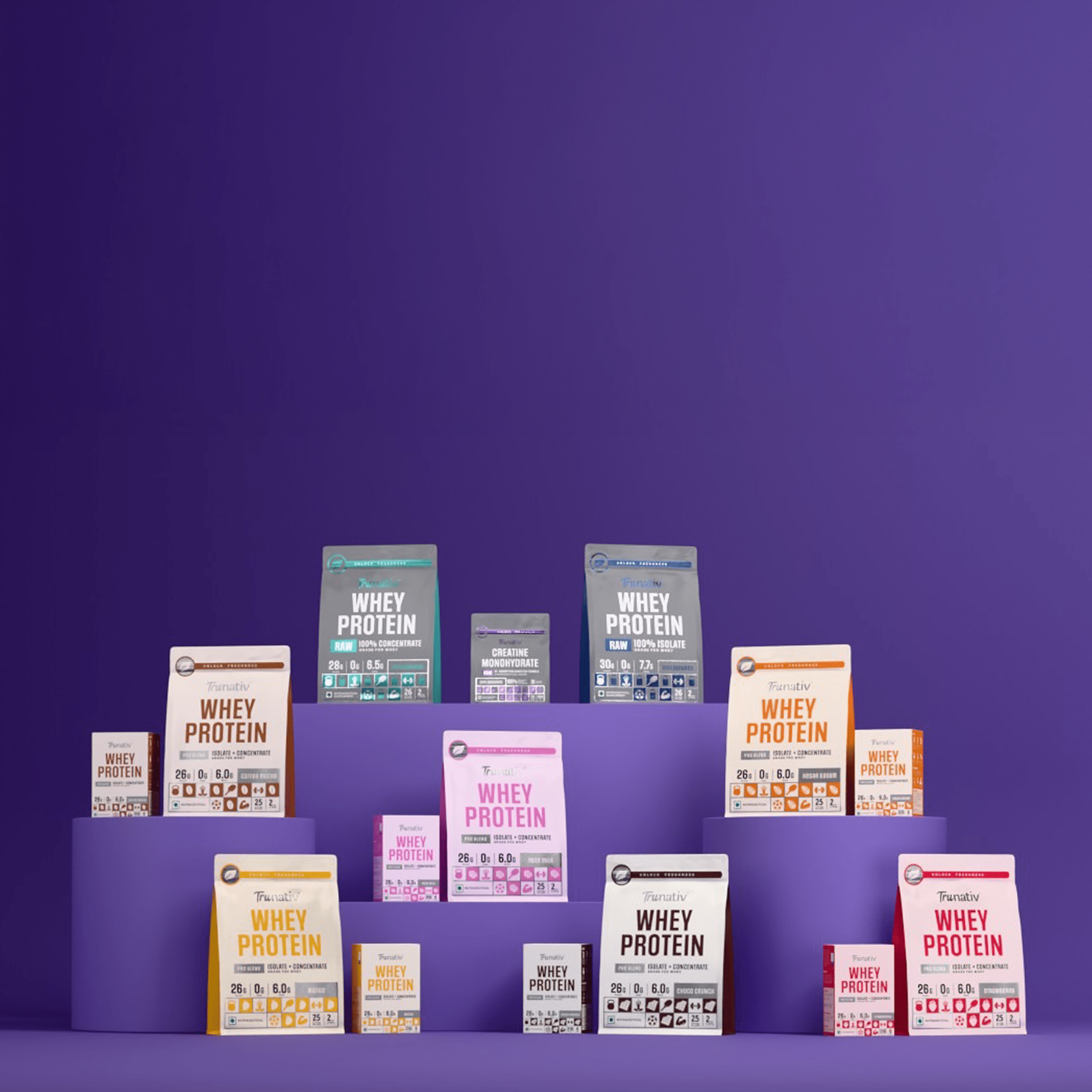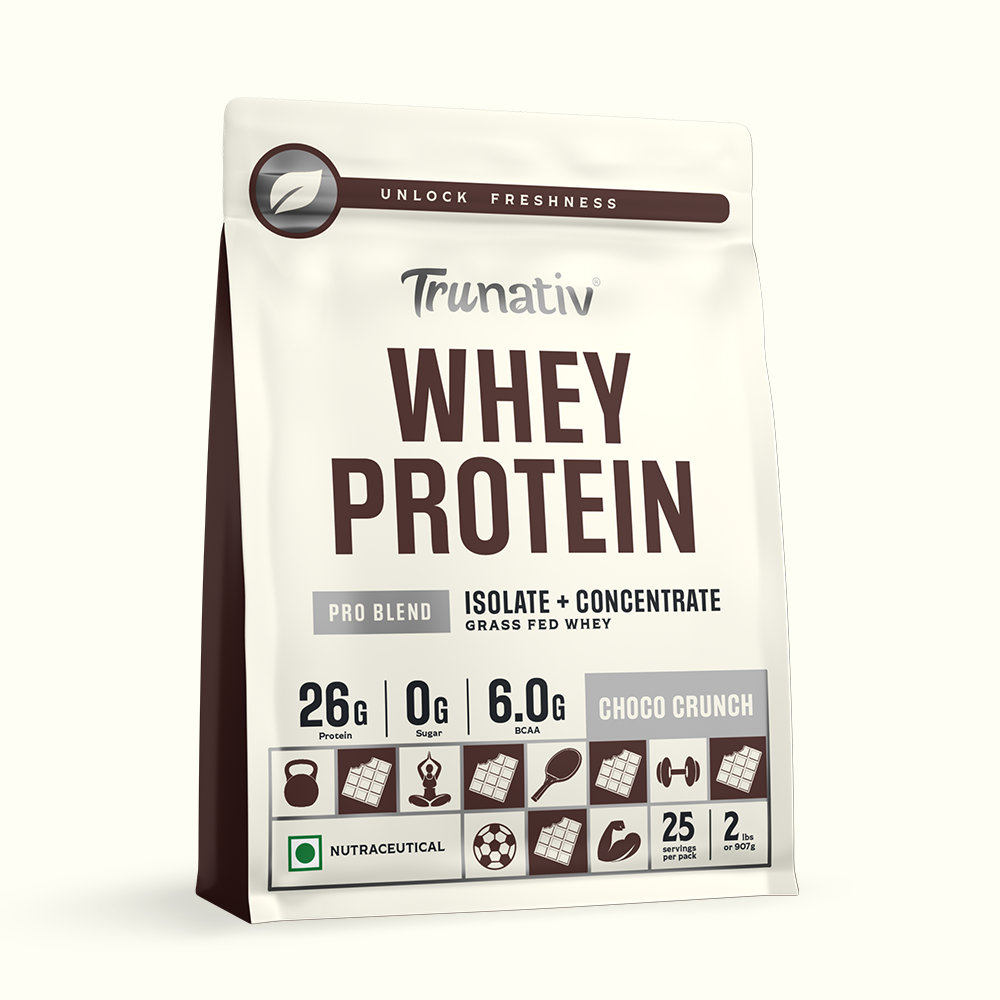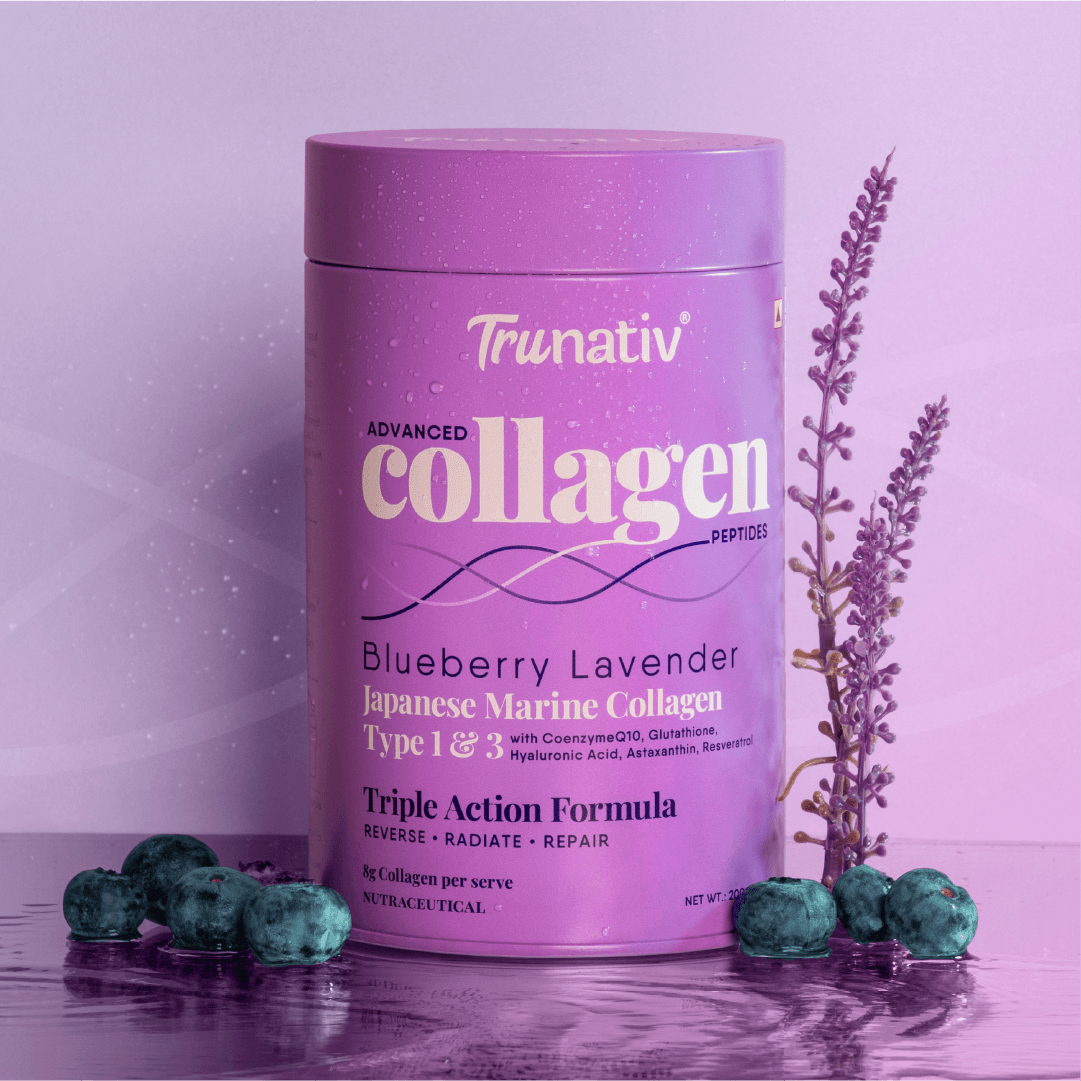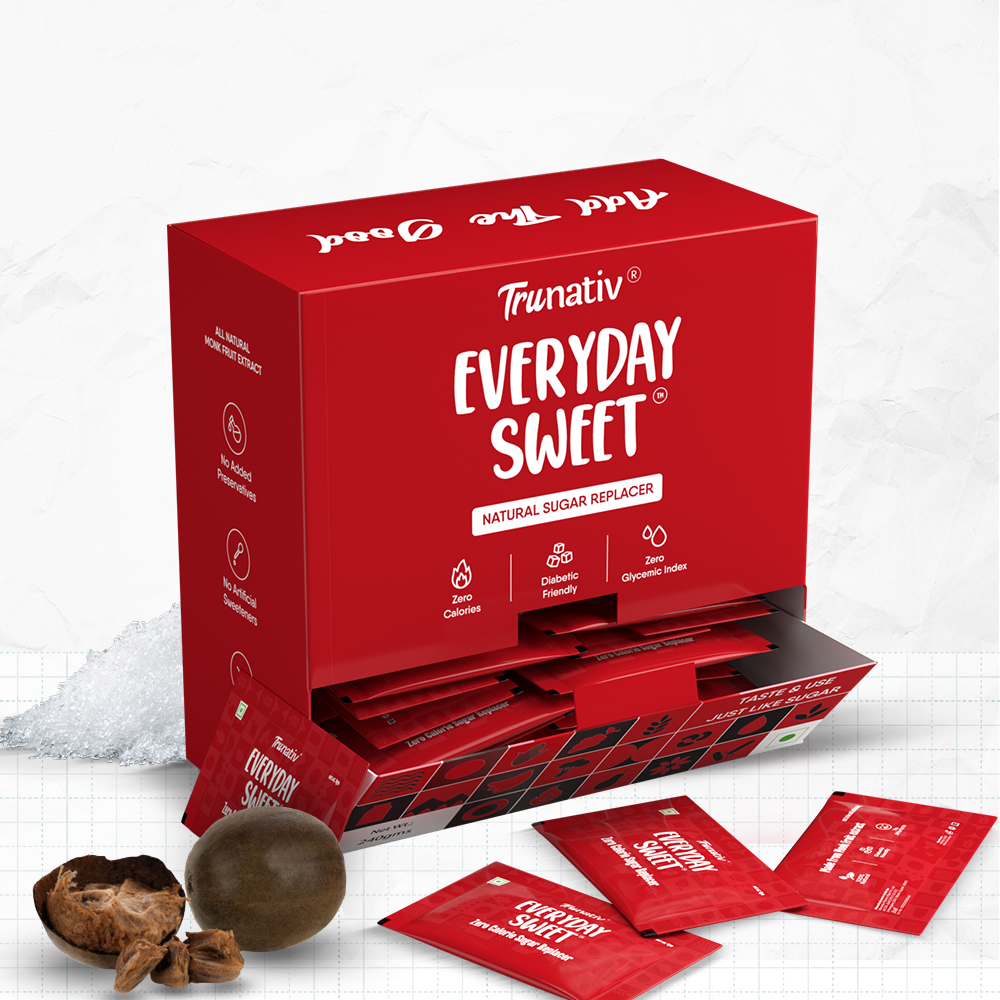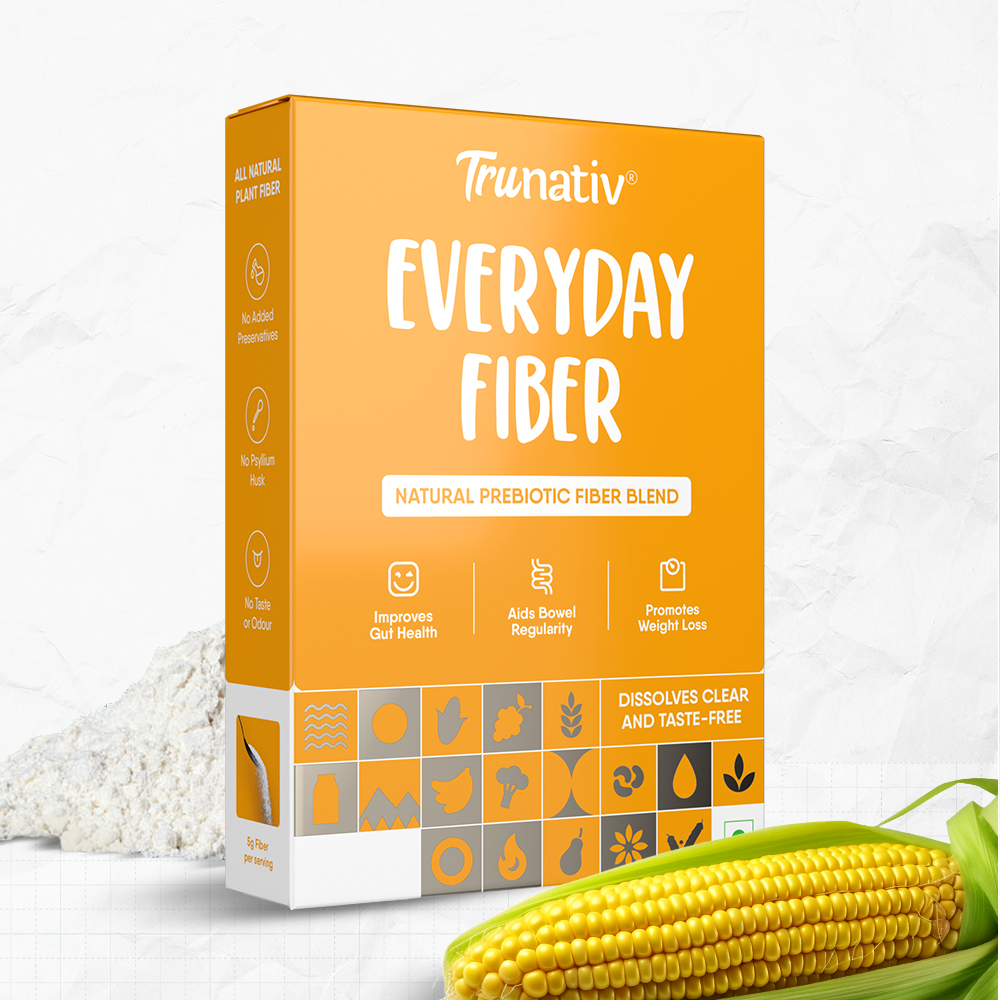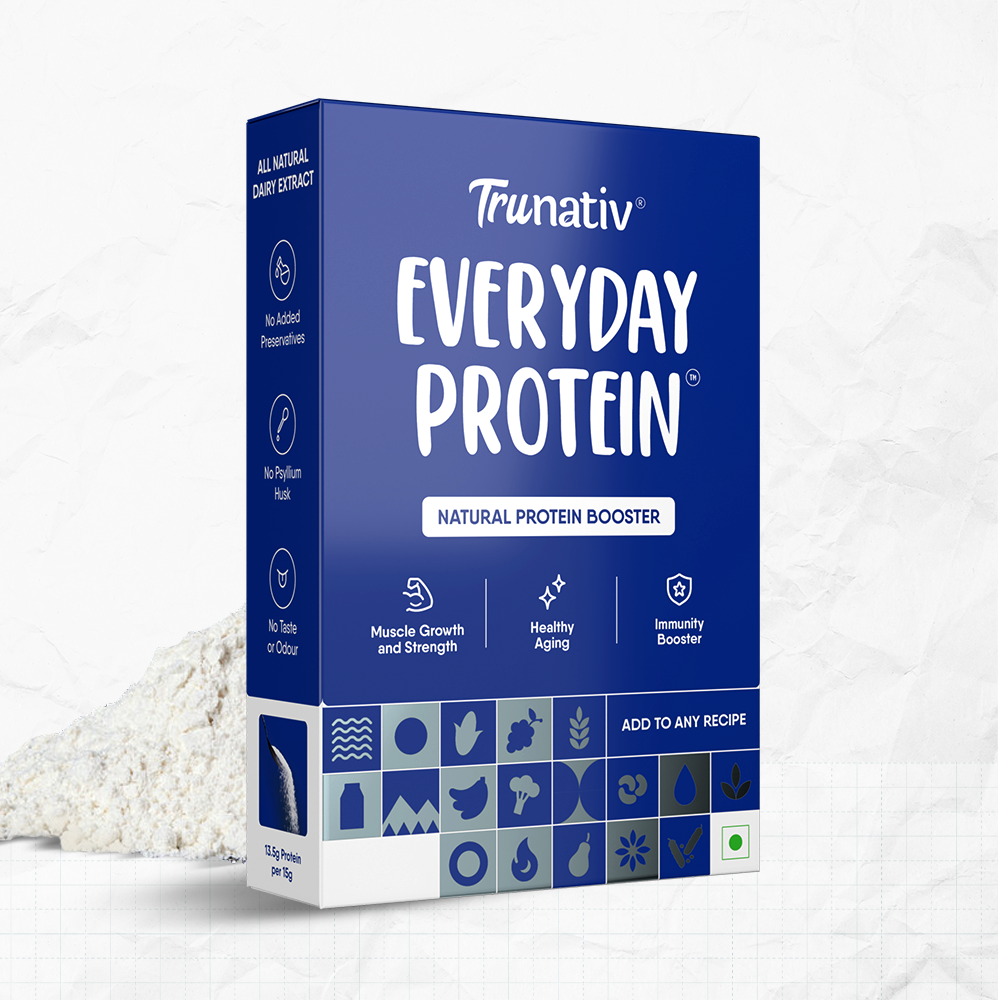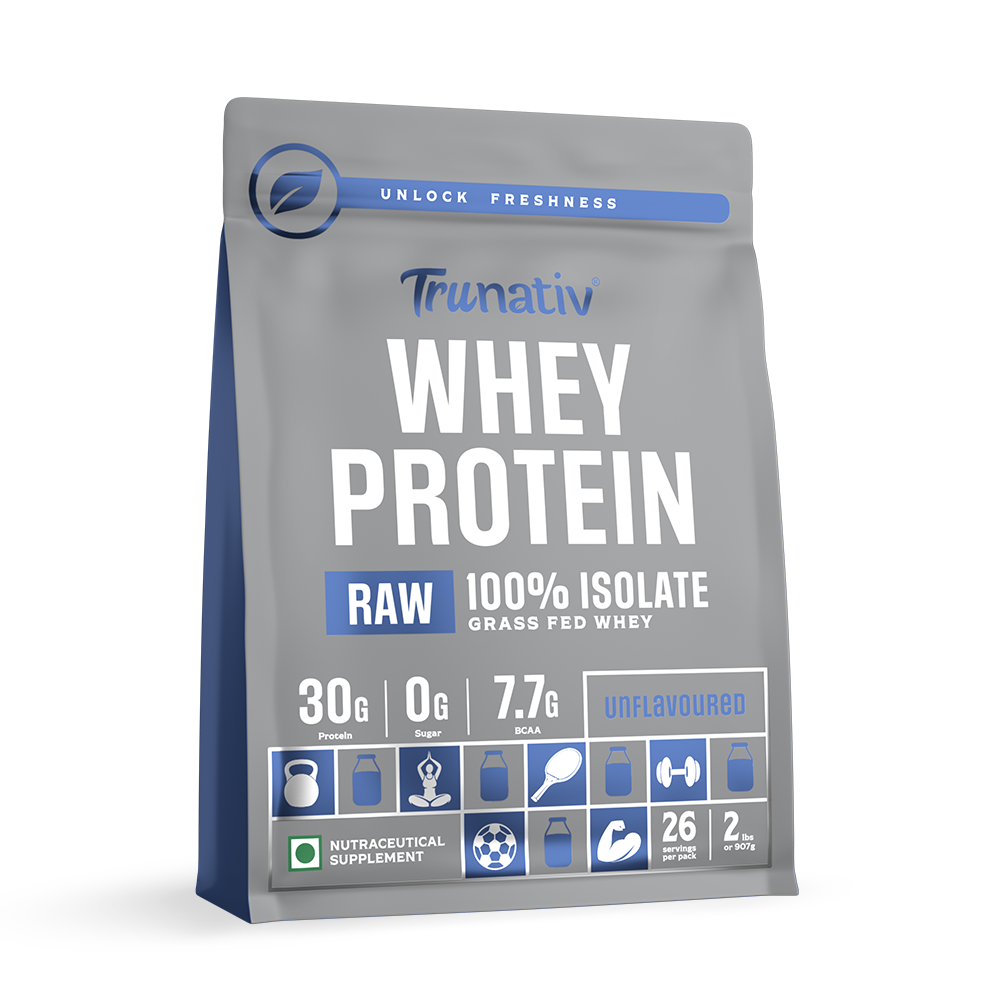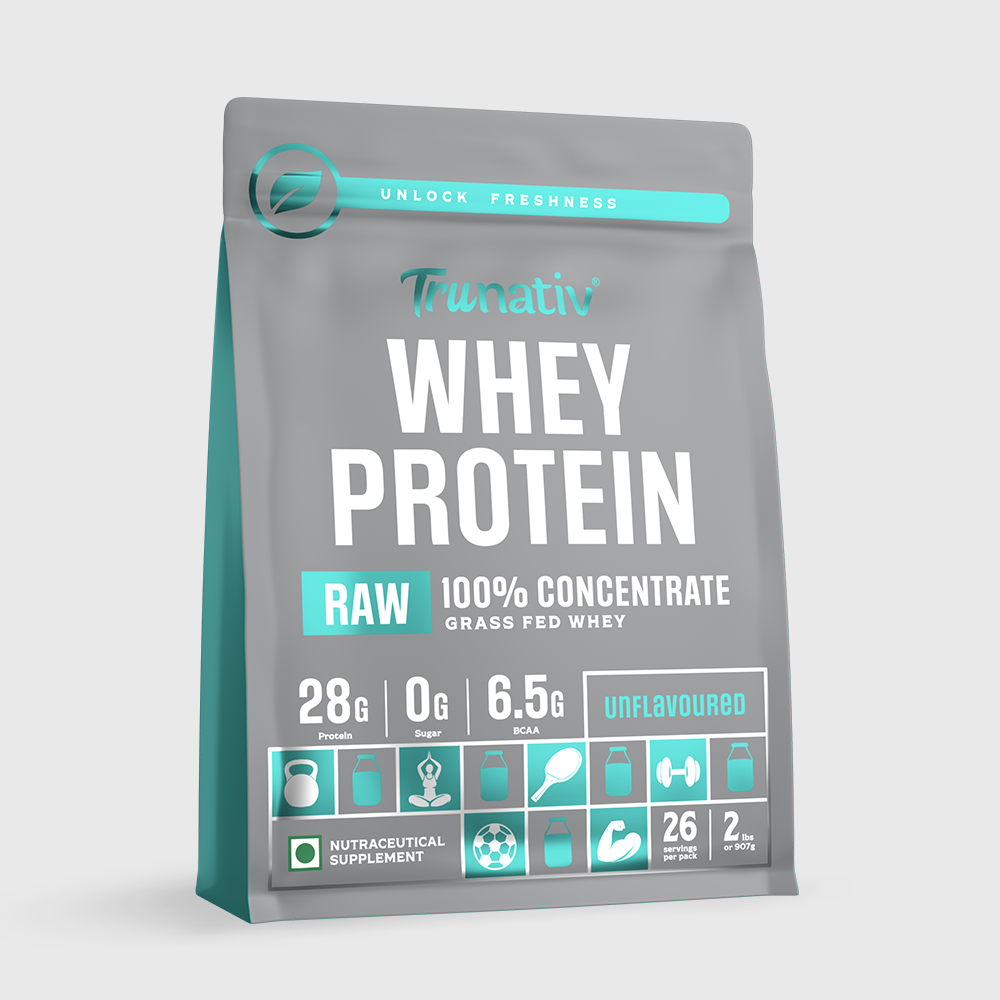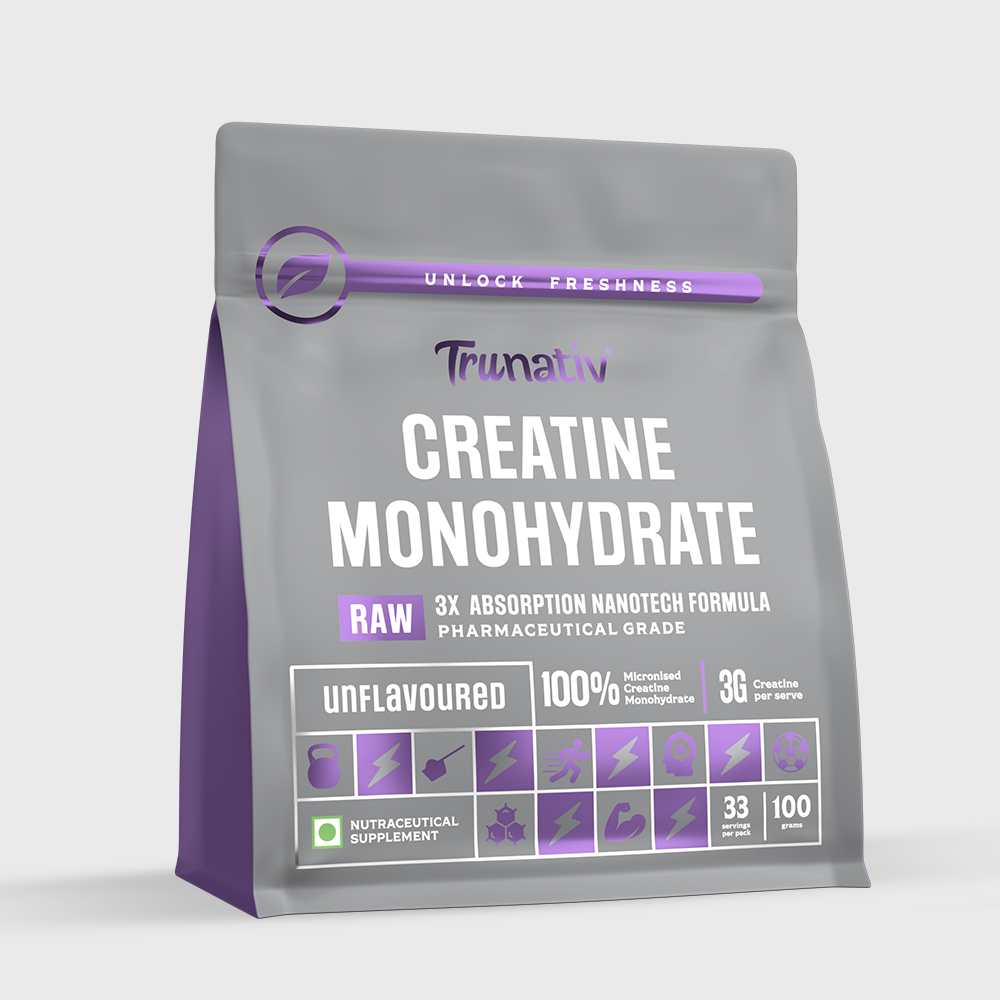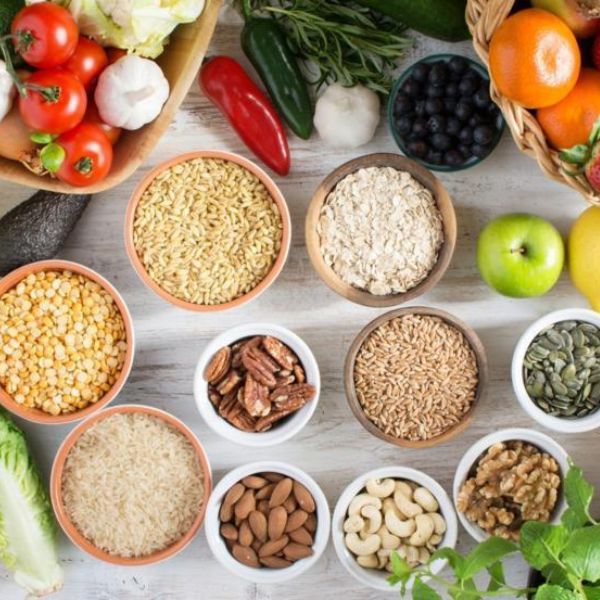

· By AMISHA SHUKLA
Top 10 High Dietary Fiber Foods

Fiber is extremely important.
It leaves your stomach unprocessed and finishes up in your colon, where it provides friendly gut bacteria, directing to different health benefits. Certain fibers can also boost weight loss, lower blood sugar levels, and fight constipation. The Academy of Nutrition and Dietetics advises consuming about 14 grams of fiber for every 1,000 calories you ingest daily. This translates to about 24 grams of fiber for women and 38 grams for men.
Unfortunately, about 95% of adults and kids don’t satisfy the advised daily fiber intake. The average daily fiber intake is calculated to be 16.2 grams.
Fortunately, boosting your fiber intake is somewhat easy — integrate high-fiber foods into your diet. Getting your fill of fiber can appear tough, particularly if you’re not in the mood for vegetables. But did you know popcorn has fiber? Keep reading for more high-fiber foods that you’ll enjoy eating.
-
Beans
Lentils and other beans are easy to sneak fiber into your diet in soups, stews, and salads. Some beans, like edamame (a steamed soybean), are actually a great fiber-filled snack. For example, 9 grams of fiber are in a half-cup serving of shelled edamame. A bonus? All of these deliver a source of plant protein, too. Some bakers have even begun including beans or bean flour in their baked goods, which research indicates can still make quality cakes.
-
Broccoli
This veggie can get pigeonholed as a fiber vegetable. Its cruciferous qualities—meaning it’s from the Brassica genus of plants along with cauliflower, cabbage, and kale—make it rich in numerous nutrients along with fiber. In addition, studies have revealed that broccoli’s 5 grams of fiber per cup can entirely support the bacteria in the gut, which may allow your gut to stay healthy and balanced.
-
Berries
Berries gain a lot of attention for their antioxidants, but they’re rich in fiber, too. Just a cup of fresh blueberries can provide you with nearly 4 grams of fiber, and there is about the same amount of fiber in a cup of frozen unsweetened blueberries. Blackberries, strawberries, and raspberries are also great sources of fiber. But, of course, one of the greatest advantages of berries is that they’re inherently low in calories, too.
-
Avocados
Avocados pretty much go with everything—toast, salads, entrees, eggs—and while they’re often identified for their hefty dose of healthy fats, there are 10 grams of fiber in one cup of avocado (so envision how much is in your guacamole).
-
Popcorn
There’s one gram of fiber in one cup of popcorn, and the snack (when natural and not wrapped in butter, like at the movies) is a whole grain that can sate cravings with a blow of fiber. It’s even been known as the King of Snack Foods.
-
Whole Grains
Good news for bread lovers: Real whole grains, found in 100% whole wheat bread, whole-wheat pasta, brown rice, and oats, have fiber. One suggestion to watch out for: as directed by The Food and Drug Administration, whole grains should be the first element on a food package to be regarded as a real whole grain.
-
Apples
According to research, the ancient saying that “an apple a day keeps the doctor away” isn’t necessarily true. Still, this fruit can boost your fiber intake. An apple has nearly 4 grams of fiber, depending on its size. And, of course, they’re an excellent and crunchy snack.
-
Dried Fruits
Dried fruits like figs, prunes, and dates can increase your fiber intake dramatically and are advised for those laboring with infrequent constipation. In addition, the sugar named sorbitol, which inherently appears in these fruits, can support your bowels and direct you to more comfort. However, consuming too many can lead to cramping or diarrhea, so try a smallish serving and see how you feel once you’ve digested them before having a snack.
-
Potatoes
Sweet potatoes, red potatoes, purple potatoes, and plain old white potatoes are all great sources of fiber; one small potato with skin can deliver close to 3 grams of fiber. Unfortunately, the veggie has a bad reputation for racing in the wrong crowds—fries and chips, to name a few. However, potatoes can deliver multiple benefits when not fried in oil and slathered in salt.
-
Nuts
Nuts aren’t just a wonderful source of protein and healthy fats—sunflower seeds and almonds individually have more than 3 grams of fiber in a serving. They can support you reach the 25-gram intake of fiber suggested by the FDA for women and the 38-gram recommendation for men. Raw or dry-roasted nuts are chosen over the pre-packaged type (usually cooked in oils that can count additional unnecessary calories.) Even nut butter can fill a punch of fiber.
The bottom line
Fiber is an essential nutrient that may encourage weight loss, lower blood sugar levels, and combat constipation. Unfortunately, most individuals don’t meet the suggested daily intake of 25 grams for women and 38 grams for men. Try counting some of the above foods into your diet to increase your fiber intake easily.
